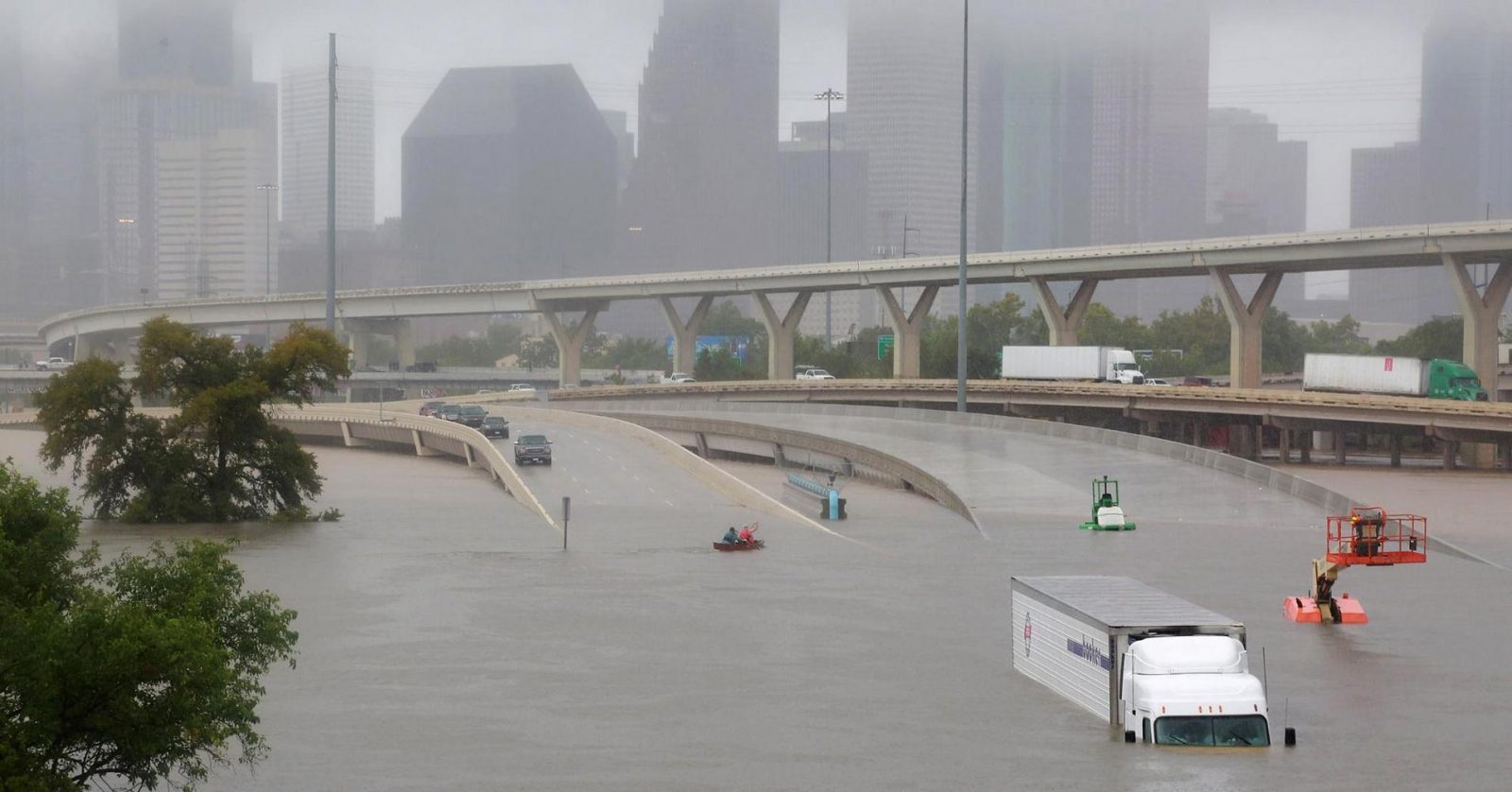“One might say that the whole energy crisis is a form of entropy. The earth being the closed system, there’s only a certain amount of resources.” In a 1973 interview, Robert Smithson recognizes what seems obvious today: if thermodynamic systems move toward a state of maximum disorder, and the world ecosystem has limited raw materials and energy, there’s only so much resource use it can sustain. In the same interview, Smithson cites Nicholas Georgescu-Roegen, whose work, along with that of Herman Daly and Kenneth Boulding, was fundamental to the field of ecological economics in investigating the relationship between resource use and economic growth.
Writer Benjamin Kunkel is now working simultaneously in this trajectory and in the line of classical Marxism. While a fellow at the Institute, he is writing a new book that asks whether there is an ecological analogue to Marx’s theorem of the declining rate of profit. In other words, does the dissipation of energy and raw materials threaten the accumulation of capital? If so, what kind(s) of society may lie beyond the horizon of capitalism?
Kunkel’s fall season begins with the release of a small book: ecological economist Herman Daly’s important and neglected essay, “On the Steady State.” Its core question—the relationship between the scale of the global economy and the planet’s ecosystem—underlies the rest of the season’s events. Daly argues that in order to preserve the natural environment for future generations, limits must be placed on economic growth. Political thinker Gopal Balakrishnan will join Kunkel for a conversation about capitalist stagnation versus the steady-state model. In a second lecture, “Steady-State Aesethetics,” Kunkel will speak about the implications of a steady-state economy for aesthetic life. The season concludes with a theater piece currently in progress, which aims to dramatize the dilemmas of growthlessness.
For the duration of his program, Kunkel will install a circulating library and temporary bookstore consisting of books related to ecosocialism and the de-growth movement.
